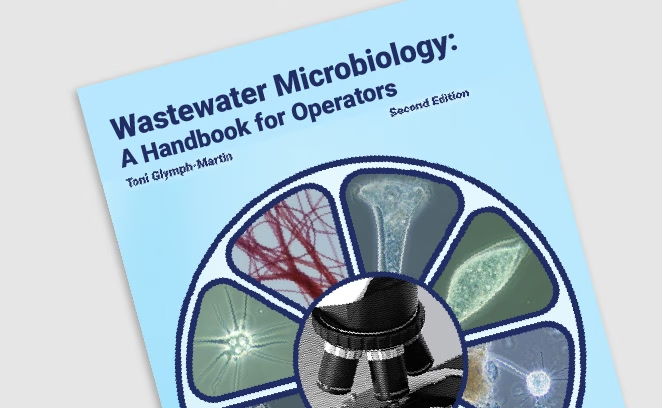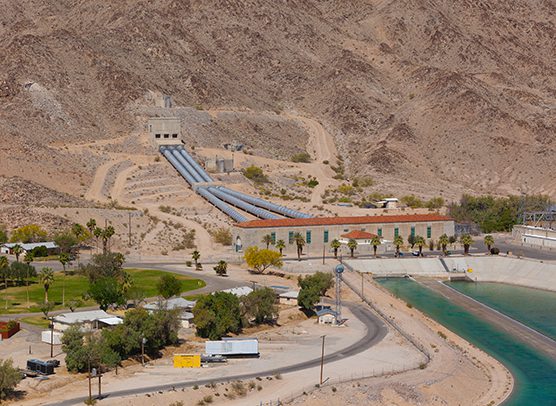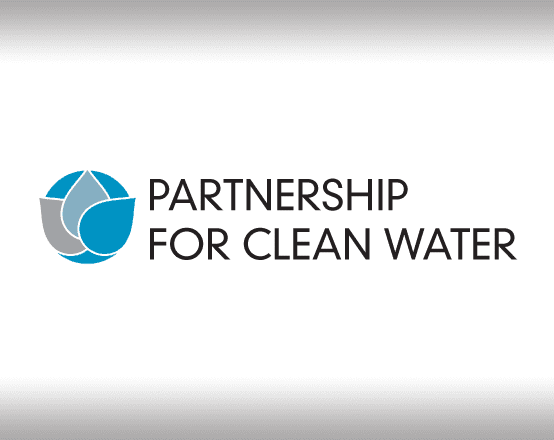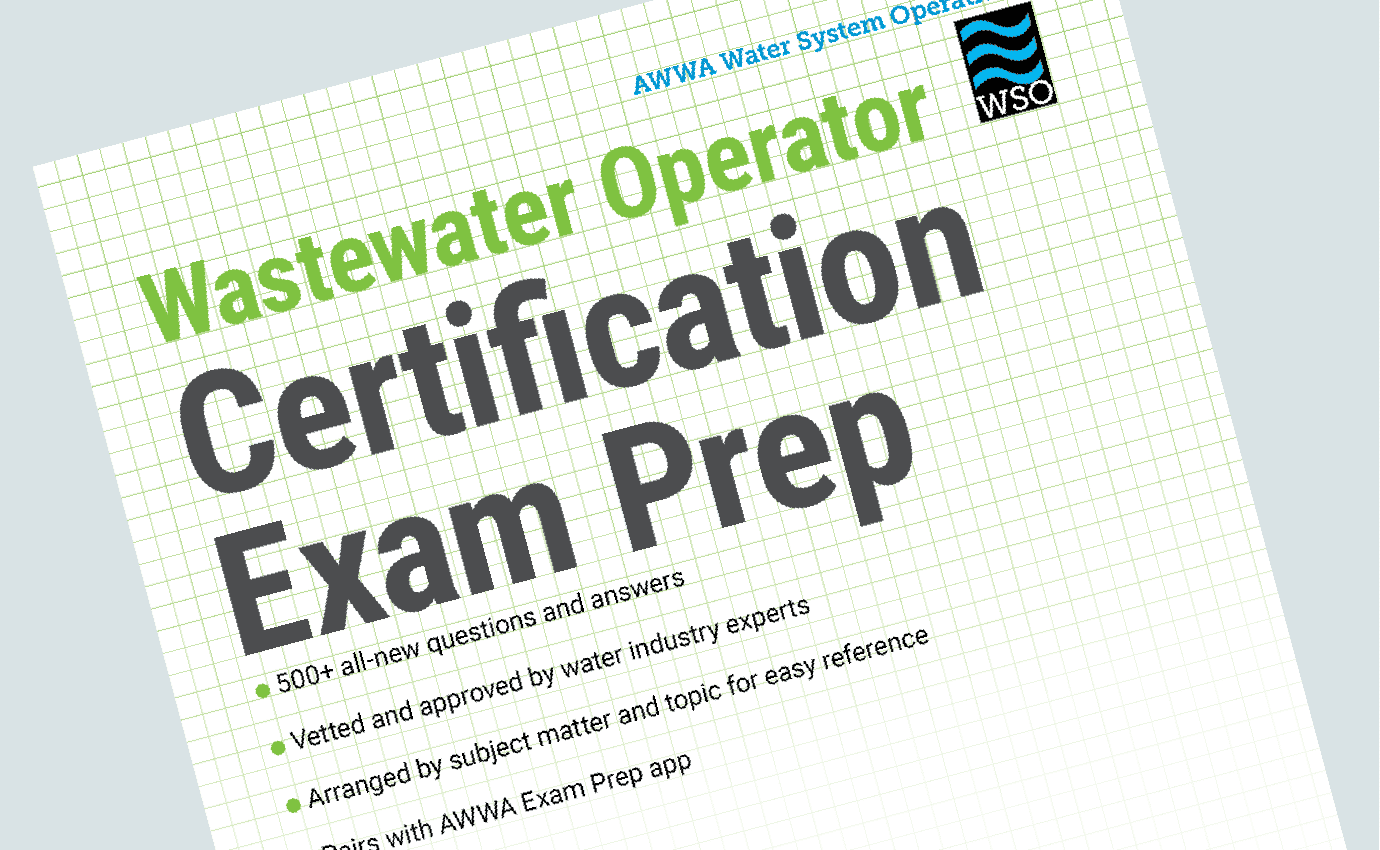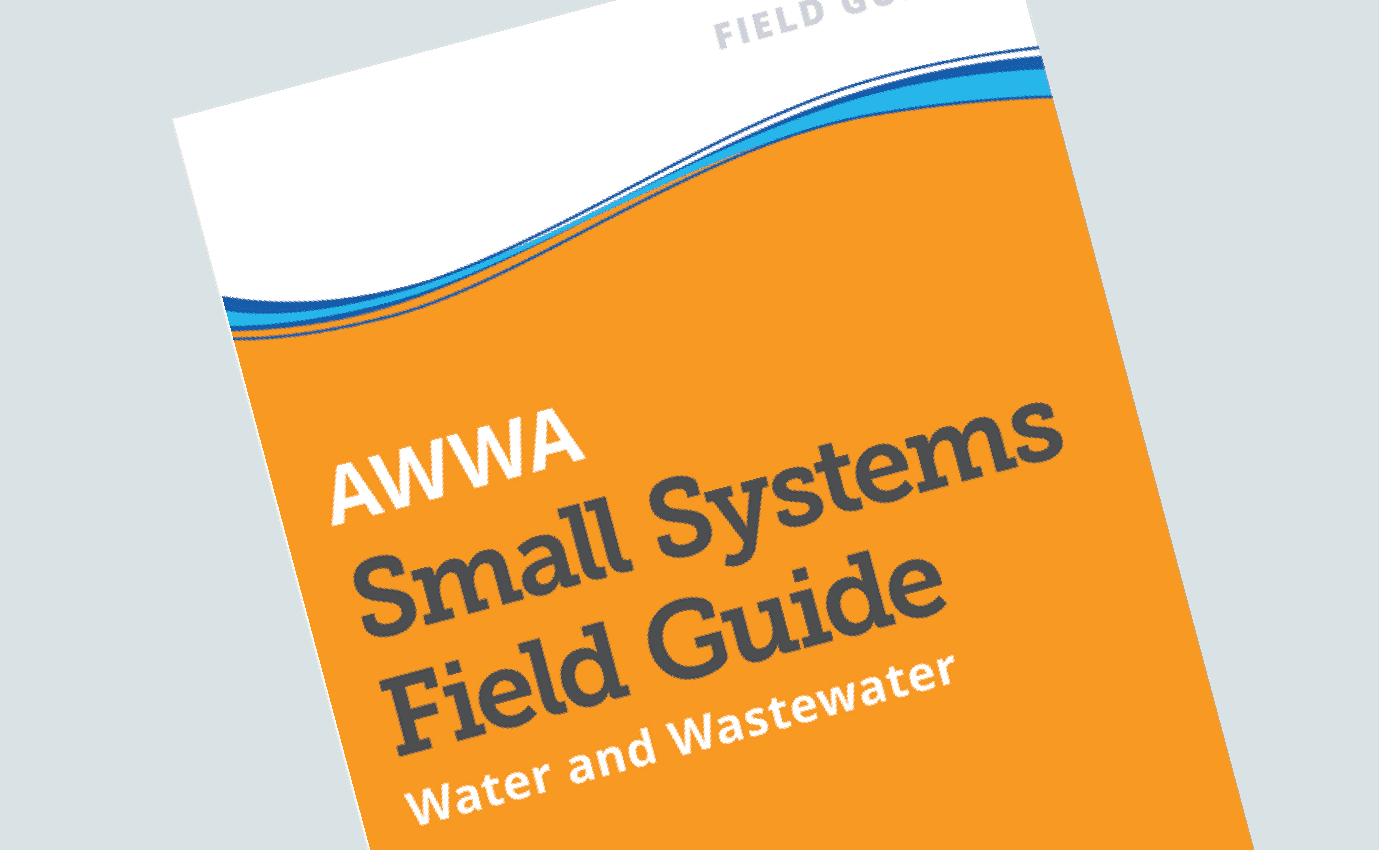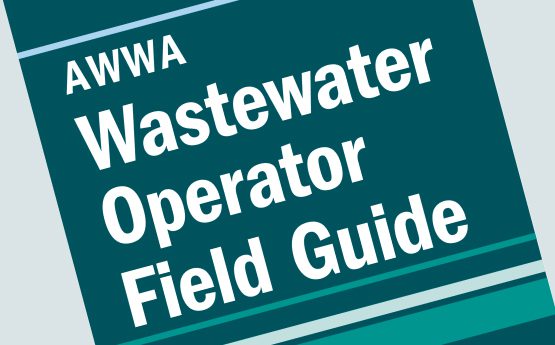Wastewater
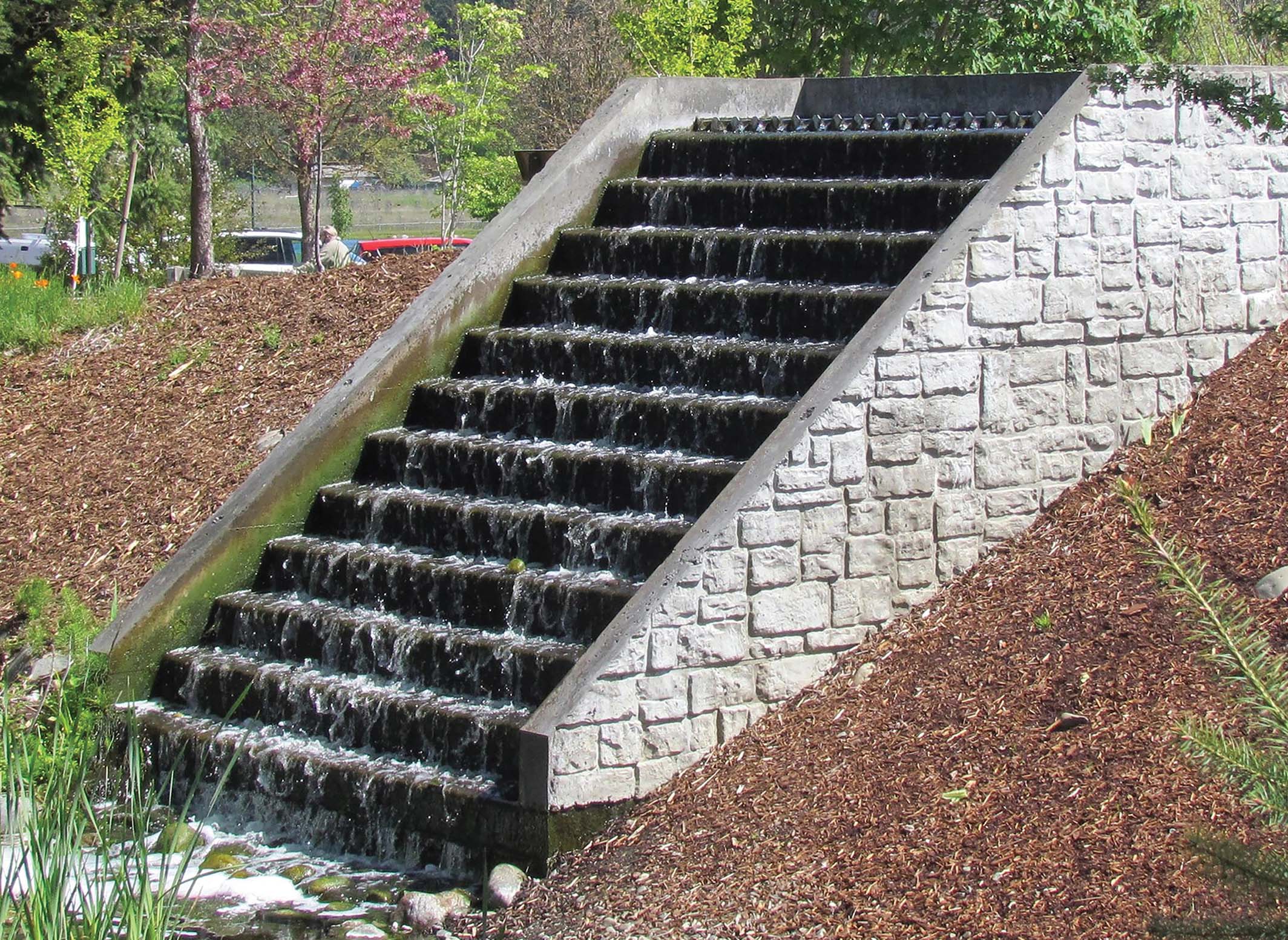

Wastewater
Water utilities are increasingly viewing wastewater as valuable source of drinking water and how the water and wastewater industries are very similar in the overall size of both industries, and how they both use the same technological approaches and systems. Both industries are faced with critical need for infrastructure replacement and capital expenditure.
Wastewater in Smaller Communities
If you have limited water supplies or are subject to droughts, wastewater can augment what you have, provide source diversity, and boost resilience. You may also gain greater control of your source water quality, which can improve treatment efficiency.
Small System Success
Many small communities successfully recycle wastewater and put that water to use. For example, Sequim, Washington, a town serving about 9,000 customers, uses highly treated municipal wastewater to irrigate city landscaping and playing fields, water a fish pond, flush toilets, recharge groundwater, and supply water to fire hydrants.
Wastewater also allowed the town to reduce pollutant loadings and help restore downstream shellfish beds. In summer, nearby Bell Creek flows are replenished with recycled water to improve fish habitat.
Technical Resources
Manuals
AWWA Standards
M1 Principles of Water Rates, Fees, and Charges
Your authoritative resource on water rates, fees, and charges.
Get the Manual
M3 Safety Management for Utilities
Looking for actionable tools in developing a Health, Safety, and Environmental (HSE) program? Newly updated M3 Safety Management for Utilities, Eight Edition, will walk you through how to set up an effective and efficient safety plan at a utility. From regulatory requirements to training and education, M3 offers guidance for utility management and safety managers.
Get the Manual
M5 Water Utility Management
This manual is designed for both new and experienced managers who are looking to better understand all aspects of public utility management.
Get the Manual
M29 Water Utility Capital Financing
Planning and obtaining financing for water utility capital projects. This edition addresses both traditional and innovative utility financing alternatives to meet both short-and long-term capital requirements.
Get the Manual
ANSI/AWWA G510, Wastewater Treatment Plant Operations and Management
This standard describes the essential or critical requirements for the effective operation and management of a wastewater treatment plant. This is the first edition; as such, there are no major revisions.
Get the Standard
ANSI/AWWA G520, Wastewater Collection System Operation and Management
The purpose of this standard is to define the minimum requirements for the operation and management of a wastewater collection system, including maintaining infrastructure and operation and maintenance (O&M) of facilities.
Get the Standard
ANSI/AWWA F101, Contact-Molded, Fiberglass-Reinforced Plastic Wash-Water Troughs and Launders
This standard describes the minimum requirements for fiberglass-reinforced plastic wash-water troughs and launders made by the contact-molding process, including flat-bottom, round-bottom, and V-bottom troughs and launders.
Get the Standard
ANSI/AWWA F102, Match-Die-Molded, Fiberglass-Reinforced Plastic Weir Plates, Scum Baffles, and Mounting Brackets
This standard describes the minimum requirements for fiberglass-reinforced plastic weir plates, scum baffles, mounting brackets, lap plates, cover washers, and weir pans, fabricated with the matched-die molding process.
Get the Standard
ANSI/AWWA B451, Poly (Diallyldimethylammonium Chloride)
The purpose of this standard is to provide the minimum requirements for polyDADMAC products, including physical, chemical, packaging, shipping, and testing requirements, and to provide the means of developing requirements for specific polyDADMAC products.
Get the Standard
Load More

Advertisement
Events With a Focus on Wastewater
See All Events
AWWA/WEF The Utility Management Conference™
The world of water is finite. Find new ways to protect and conserve.
March 24-27, 2026
Charlotte, NC
Water Infrastructure Conference
The Water Infrastructure Conference features the latest science, technology, and solutions.
August 30-September 2, 2026
Indianapolis, IN
Annual Conference & Expo
Join water heroes at one of the largest and most important global water gatherings.
June 21-24, 2026
Washington, D.C.
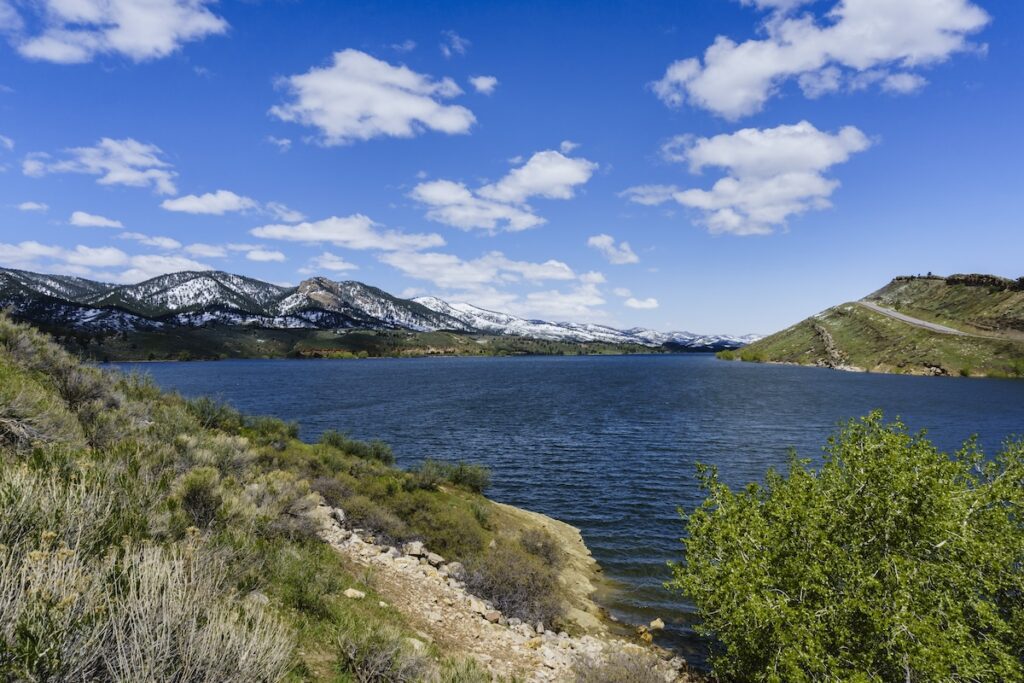
AWWA Policy Statements
AWWA’s policy statements are brief statements on protecting and improving water supply, water quality, management, and the interests of the public and the environment. They are written by consensus, subject to review and comment by AWWA committees, councils, and members. Because they represent AWWA’s position on these matters, they are approved by the AWWA Executive Committee of the board of directors.
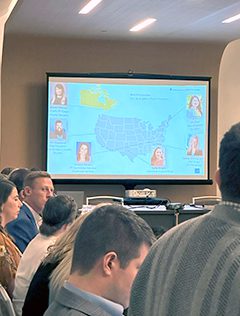
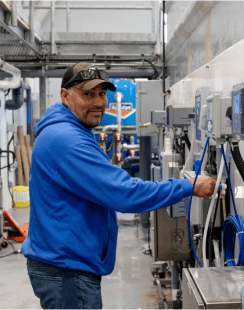
Technical Committee Engagement
AWWA members are recognized globally for their industry expertise and their generosity in sharing that expertise for a better world through better water. AWWA members participate in committee activities, developing conference programs, writing technical manuals, developing standards, creating educational content and contributing to AWWA publications. Committee members primarily interact through conference calls, emails, and face to face meetings at conferences and events.
Wastewater Treatment Plant Operation
Wastewater Collection Systems Operation and Management
Wastewater – Biosolids
Fiberglass Weirs, Troughs, and Baffles
Polyelectrolytes
Advertisement
